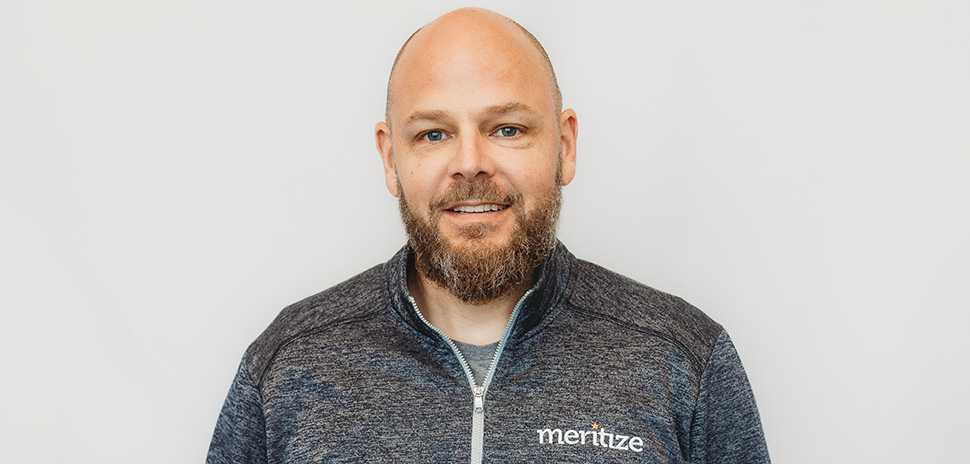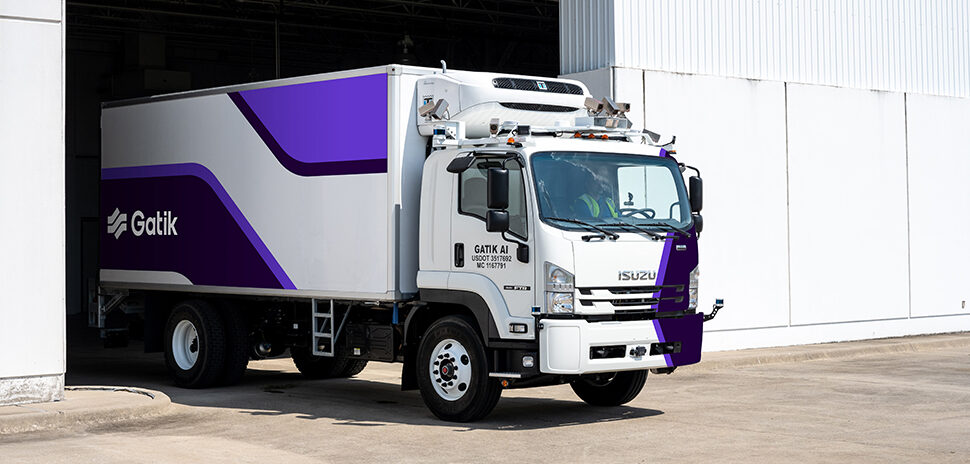Meritize is looking to capture continued growth following a pandemic-related slowdown. With new funding from the impact investment arm of Aegon Asset Management, the Frisco-based funding solutions provider for education and workforce development plans to “accelerate its momentum” to help train and place workers in a variety of industries.
“A previous position I had as a student loan credit officer opened my eyes to the fact that educational finance was really not student lending—it was family lending,” Meritize CEO Chris Keaveney told Dallas Innovates. “And the loans were really made to prime and super-prime co-signers. That was the first time I’d really gotten access to data that showed explicitly the issues of access that creates. There were countless people who weren’t able to get the funding they needed.”
A new way to look at lending
Meritize provides an alternative to the traditional way of using a student’s credit as a way of securing an educational loan. Its platform looks at a person’s “potential to succeed” when originating loans, based on things like their academic and military records and likelihood of completing a program and repaying the loan.
Instead of focusing on four-year degree-granting universities, the company works with a partner network of about 600 skills-based institutions and programs, spanning industries from technology to aviation, to help people find the right one.
“We find areas of the job market where we feel really strongly that there’s an imbalance between the demand for certain skills and supply for those skills,” Keaveney said. “We then go find training programs that do a good job of giving people the skills to take those jobs.”
Meritize expects to double year-over-year revenue
Since launching in 2017, the company says it’s helped nearly 20,000 students find financial access to training, loaning about $250 million in that time. Meritize has since grown its workforce to 65 employees, 15 of whom have been brought on this year.
While the company has continued to grow since its formation, Keaveney said Meritize faced some hurdles as it followed the Department of Education in pausing the collection of interest on loans. Meritize originated around $60 million in new loans last year.
This year, Meritize expects that origination number to more than double, while seeing its year-over-year revenue also double, according to the Dallas Business Journal.
Changing the way to provide access to education
Though the company didn’t disclose the amount of its new funding, Keaveney said he plans to use it to capitalize on Meritize’s renewed growth. The company plans to increase its headcount by around 30%, largely focusing on the development side of the business, which will allow it to build out its technology and expand its partnerships. It will also look to work with businesses to upskill their existing workforce.
“We’re going to see some restructuring and dislocation in the job market. And when that does happen, you have a lot of people who then need to start thinking about what the next step is for them. In many cases, that next step is getting new skills,” Keaveney said. “My objective for Meritize is to create a product set and a process where the people who are looking to get new skills can be matched with schools and training programs that can provide those skills, and also matched with employers who need those skills. In doing that, we think we can create benefits for all three parties.”
In addition to the new funding, James Rich, founder and lead portfolio manager at Aegon’s sustainable fixed income and impact venture credit strategies, will join Meritize’s board as an observer. Aegon, which has $432 billion in assets under advisement, joins other investors including College Loan Corp., Colchis Capital, and Chicago Ventures that have previously funded Meritize with about $20 million, prior to the most recent announcement.
“We really wanted to change the way that people thought about providing access to education. The idea that someone wants to go and get trained or educated in a certain field to go get a job that they’re interested in and the way that you determine whether they’re eligible for that financing is to look at credit is just perverse,” Keaveney said. “Our real mission is to get to the point where we can show that there are better ways to do this that create access—where access is deserved and has been earned in a dimension that’s not credit-related.”
![]()
Get on the list.
Dallas Innovates, every day.
Sign up to keep your eye on what’s new and next in Dallas-Fort Worth, every day.





























